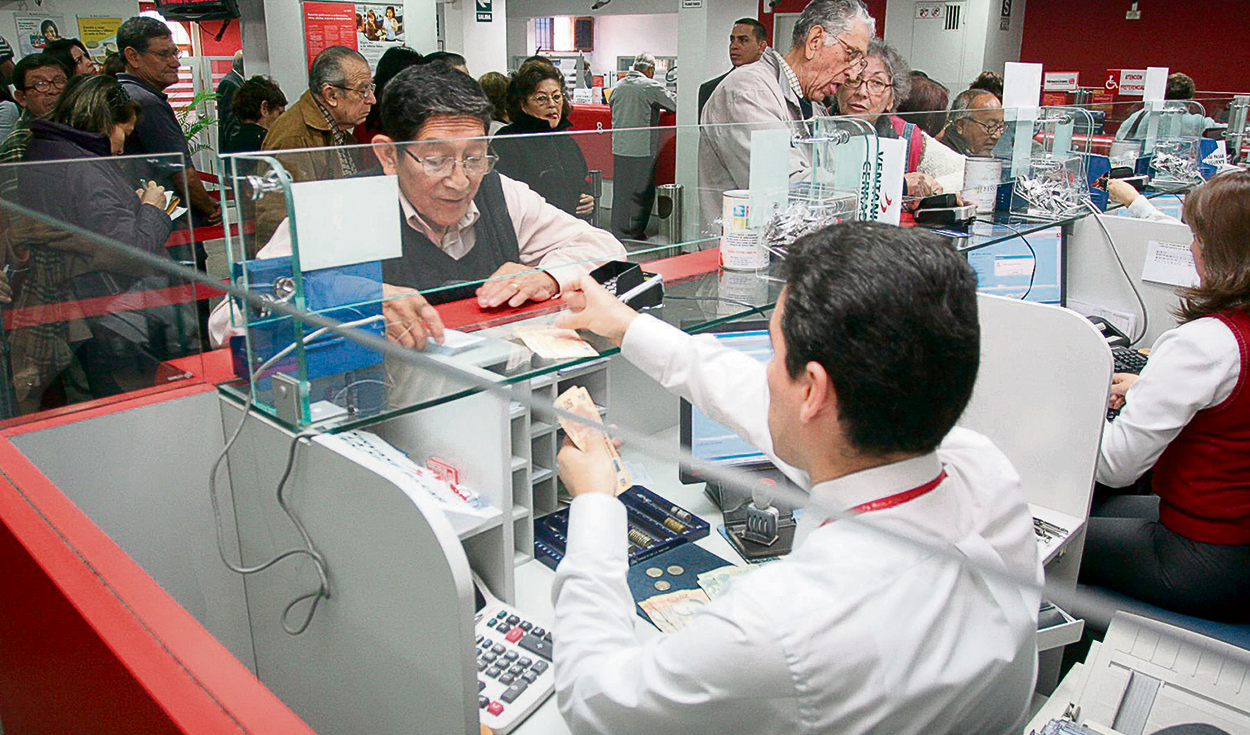
The Executive Branch presented to the Congress of the republic his bill that seeks to create the new Peruvian pension system, which must be analyzed by the Economy and Labor Commissions of Parliament. The government initiative, in addition to raising the minimum pension from S/500 to S/600 in the ONP, also seeks to establish some changes regarding the early retirement age.
Currently, the legal retirement age in Peru is set at 65 years, for both men and women; However, in the private pension system there are various flexibilities so that the member can retire before said age. This, through the early retirementa regime that can be accessed from the age of 50.
Nevertheless, The Executive’s proposal seeks to ensure that early retirement is no longer from the age of 50, but from the age of 55.. According to the explanatory statement, reducing it to less than 55 would restrict the possibility for a person, with the physical capacity to work and re-enter the labor market, to continue saving for their old age, via mandatory or voluntary contributions.
“Early access to retirement directly affects the level of the CIC and, consequently, the level of pension, due to the direct relationship that exists between a greater accumulation in the CIC (contributions and profitability) and the pension that can be accessed with the accumulated resources; That is, the greater the CIC or the total pension savings, the greater the pension the worker has access to,” the Government maintains.
Retirement age will be evaluated
The proposed bill also establishes that the Ministry of Economy and Finance (MEF) must commission an entity to review and evaluate the legal retirement age for the purposes of a progressive adjustment over time of said variable. This analysis should be based on the longevity conditions recorded by the population, the evidence presented by the working marketas well as the projected replacement rates for the contributory components.
If the initiative succeeds, the verification must be carried out periodically and every five years at most; The first analysis will be two years after the law came into force.
Source: Larepublica
Alia is a professional author and journalist, working at 247 news agency. She writes on various topics from economy news to general interest pieces, providing readers with relevant and informative content. With years of experience, she brings a unique perspective and in-depth analysis to her work.












